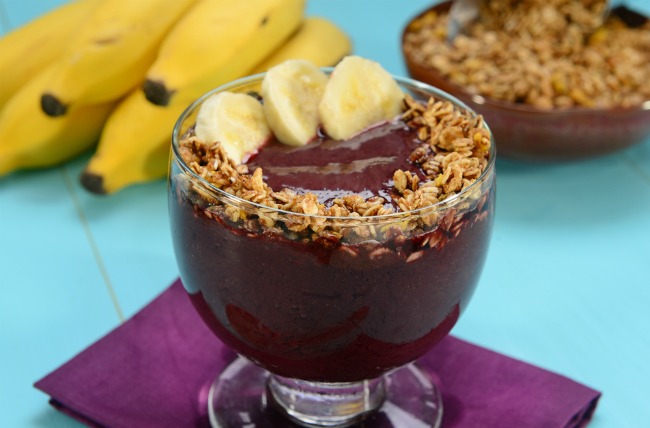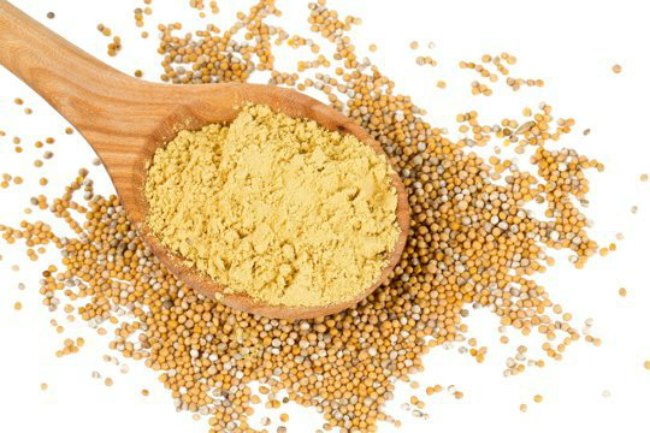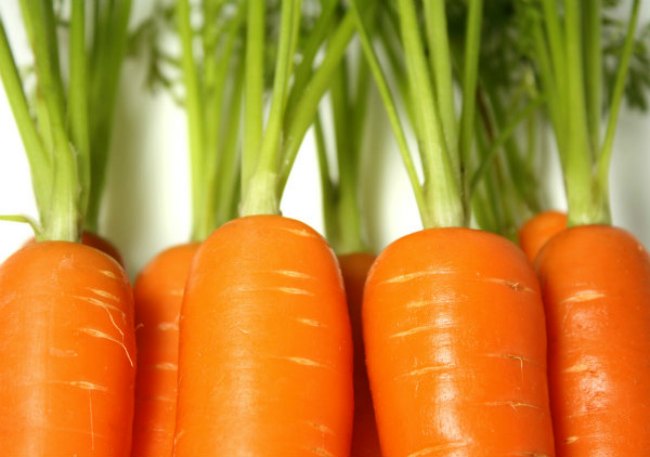
“All cooked foods are unhealthy. All cooked foods are bad.”
“But… why? I love my steamed broccoli!” (Seriously?! … unless you’re sculpting your shredded six pack abs 😉 )
“You don’t understand. Cooked foods are poisonous. To obtain the “purest form” of health, you need to go on a 100% raw food diet. It’s just something you have to do.”
“But why?”
“It’s the only way to obtain perfect health, remain youthful and energetic, and everyone else who puts health as their #1 priority does it. So you also have to go on a raw food diet.”
“So even if I want to do eat cooked vegetables, like baked sweet potatoes, I shouldn’t do that because its not ideal for health.”
“Yes.”
No, it’s not fiction: it’s the short version of the conversation in which I stopped believing health experts on just about anything…
…and it also explains why so many people think they “have” to turn raw or “have” to eat certain things at certain times: everyone keeps repeating it and not many stop to ask, “Really? Why?”
This health expert may have the best intentions, and he may have a point. However, I am not 100% sure if all cooked foods are poisonous. And, I know that a lot of you may not be necessarily ready/or desire to go on a 100% raw food diet.
Is a raw food diet always better?
If not, how do you maximise the nutrition from cooked vegetables?
To clarify this issue further, Dr. Michael Greger, a world-renowned physician and Founder of Nutritionfacts.org, is back with us to discuss the following:
- Two simple tactics to get the benefits of raw foods eating cooked foods
- Why sprinkling these little seeds on your cooked foods can improve the nutritional value of cooked foods
- Examples of how cooking can actually enhance bioavaiability of certain nutrients
- Why Dr. Greger thinks that we do not need to take in enzymes to function
———————————
Q: Lastly, in terms of enzymes and foods. I was a little bit confused when I saw the statement you said “You’ll hear folks in raw food community waxing poetic about enzymes, the importance of preserving the activities of plant enzymes, which are destroyed by cooking. Skeptics, on the other hand, indignantly assert that we have no use for plant enzymes, since we are animals and make all the enzymes we need. Well, both sides are wrong.” That’s what you said. Why is that?
Dr. Michael Greger: Well, you can watch the video. No, it’s a fascinating story and I love that both sides are so wrong because that just means there’s this whole wonderful area to explore, for a lot of humor, a lot playfulness.
In fact I just did a new video called the Second Strategy for Cooking Broccoli, where I talked about a whole new spin on the whole enzyme issue.
So, it turns out that there are only two cases that we know of that demonstrated that plant enzymes have any kind of beneficial effects.

And one is the enzyme that kind of activates the so called the active ingredient in vegetables like garlic, and the other one is the one that activates the so called active ingredient in cruciferous vegetables, cabbage family vegetables like broccoli, cauliflower, kale and collards.
So, if you take broccoli and you throw in a pot of boiling water without chopping it up you destroy the enzymes. It’s like those chemical flare reactions where two chemicals mix and create light?
The same thing happens in broccoli, where there are two cell components that are separated.
One is an enzyme and one is what the enzyme uses to create this wonderful miraculous substance called sulforaphane which is associated with lower breast cancer and such wonderful sort of things. But those two chemicals don’t mix unless the plant is chopped or chewed.
If you don’t chop or chew and just throw broccoli in boiling water, when you are making broccoli soup or something, then the enzyme is destroyed and so you have this precursor which just doesn’t do you any good.
Normally when you make broccoli soup then you cook the broccoli, then you put in a blender.
But if cut up the raw broccoli, put them in a blender and blend it first, you break those cells open, the enzyme mixes with the precursor, you get all this wonderful product that you want and the product is then resistant to heat.
You can cook it all you want after you’ve chopped it and waited 40 minutes because who needs the enzymes anymore? It has done its job. Then you can cook the soup and you are fine.
So, enzymes create these fiber nutrient into these two cases, garlic and the broccoli family vegetables. The enzymes create phytochemical products that have beneficial effects.
They are destroyed by cooking, but we can get the benefits of raw foods, by eating cooked foods, by just pre chopping, waiting forty minutes for the enzyme to have its effect, then we can cook it all we want.
The second strategy in this new video I just came up with suggests… why don’t I just add the enzyme directly? And we can do that with mustard powder. Mustard greens are cruciferous vegetables. Mustard greens come from mustard seeds. And mustard seeds powdered up are called mustard powder. And so that’s basically is just getting a jar of active enzymes, cruciferous family enzymes.

So, you can cook the broccoli all you want even without pre chopping. You just take them out and you sprinkle a little (a half teaspoon) of raw mustard powder on top.
Add the enzyme and all the sulforaphane you want is made. And so then you don’t have to pre chop, you have the benefits. Or you can just eat the broccoli raw and then poof, you’ve got the enzymes.
Q: Okay, I was a little bit confused because in your other video, you said “our body makes all the enzymes we need to function from the protein we eat. And cooking actually renders proteins more digestible.” Can you elaborate on that?
Dr. Michael Greger: Yes. Enzymes are proteins. We make enzymes with amino acids, which are what proteins are made out of.
Where do we get these amino acids? From the food we eat.
So basically, we eat kidney bean and we chop up the kidney bean proteins into amino acids, then we build all the enzymes, the digestive enzymes and all the enzymes we need in our body. So, we do not need to take in enzymes to function.
When we eat enzymes what we do is we chop the enzyme up into little amino acids then we build our own enzymes out of them.
There are a number of cases when cooking enhances the bioavailability of certain nutrients. It’s not what we eat, it’s what we absorb.
So you get three times as much lycopene, red pigment in cooked tomatoes and raw tomatoes, more beta-carotene in cooked carrots than raw carrots.

But basically eat carrots however you want to eat them, right?
I mean eat broccoli, if you like raw broccoli – raw broccoli, if you like cooked broccoli.
I just want see people stuffing their faces with fruits and vegetables.
Q: Awesome. Well thank you very much for your time.
Dr. Michael Greger: Happy to help out.
Complete Series with Dr. Michael Greger:
Should You Stop Eating Nuts If You Want to Lose Weight? Interview with Dr. Michael Greger (Part 3)
About Dr. Michael Greger: Dr. Michael Greger is an internationally renowned physician specialising in clinical nutrition, author, and globally recognised professional speaker on on various public health issues. Dr. Greger’s work can be found at NutrionFacts.org
GET INSPIRED WITH our latest newsletter
You don’t need fixing—you’re already radiant. Let’s ditch the shame and unlock your power, together.

